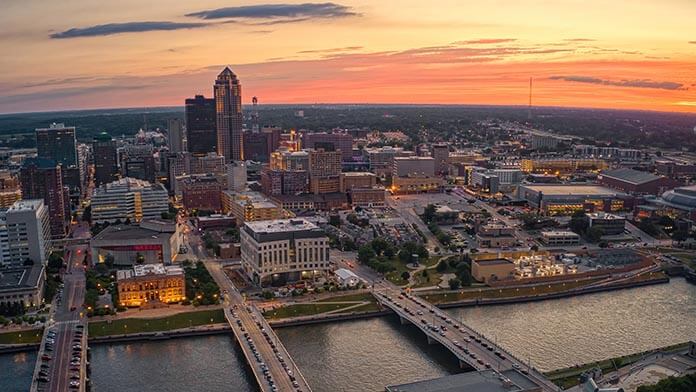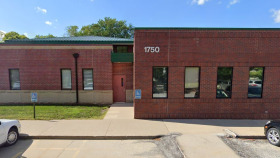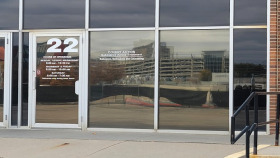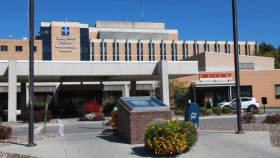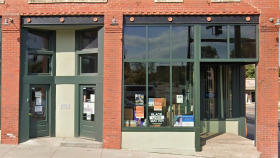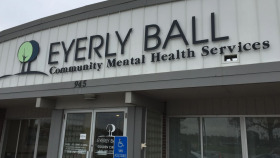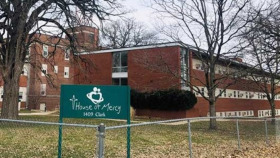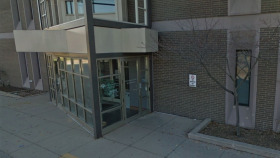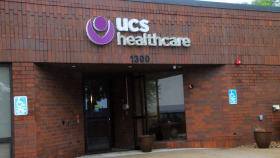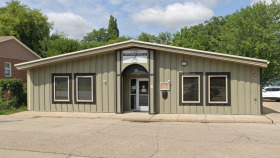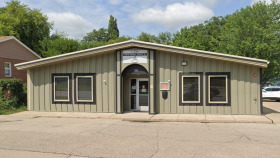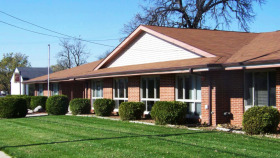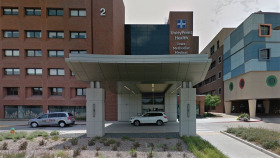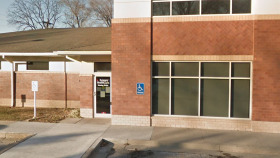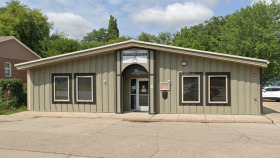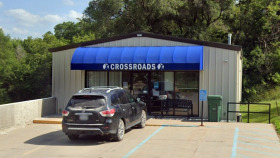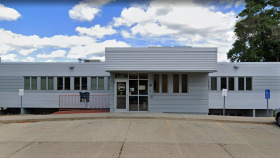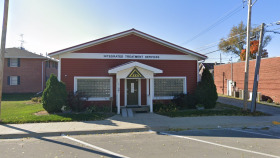Expert Insights
I was saddened to read in the latest Iowa drug strategy that Iowans binge drink, smoke, and use methamphetamines at rates higher than the national average. Drug overdose deaths rose nearly 15 percent at the last count, killing 429 lives just in 2021. The culprit is the rise in opioid use, particularly fentanyl. What is good news, however, is that the Iowa Attorney General wants to destigmatize opioid addiction treatment by providing funding for medication-assisted treatment, with more than 80 new addiction treatment beds in Des Moines with the ability to help 1,500 outpatients. I think these are the kind of resources we need more of to get a handle on this treatable disease.
~ Olivia Pennelle
How Expensive is Drug Rehab in Des Moines?
Treatment costs at Des Moines drug rehabs and alcohol rehabs vary greatly based on many factors. Some rehab centers charge tens of thousands of dollars for luxury addiction treatment programs, while others offer highly affordable rehab programs with more standard features. Ultimately, your rehab costs will depend on several variables, including:
The treatment setting that’s best for your needs (inpatient or outpatient)
Whether you have health insurance
The length of time you spend in treatment
Whether you need specialized treatment services, such as dual diagnosis care or medications
The type of rehab facility you choose (non-profit, government-funded, or privately funded)
If you’re worried you won’t be able to afford alcohol or drug rehab in Des Moines, you can still get high-quality help. Many rehab facilities understand that cost is a common barrier to addiction treatment and offer various forms of payment assistance for eligible persons. No matter your financial situation, you can find a facility that will work with you to ensure you get the care and support you need.
How Does Des Moines Compare in Alcohol and Drug Use?
If you’re ready to begin addiction treatment at an alcohol or drug rehab in Des Moines, Iowa, several local facilities can support you on your recovery journey. The city is home to nearly 30 addiction treatment centers, most of which accept private insurance. Several local rehab facilities are also Medicaid- and/or Medicare-approved. Additionally, many offer income-based services and financial assistance to make treatment more accessible. No matter what level of care you’re looking for, you can access the support you need at a drug or alcohol rehab in Des Moines.
Des Moines is the county seat of Polk County, Iowa, and the largest city in the state. Like many densely populated areas, the city is no stranger to substance abuse within the community. Notable alcohol and drug use statistics in Des Moines and the surrounding Polk County areas include:1,2

In 2020, roughly 31% of Polk County adults reported regularly engaging in excessive drinking.

In 2020, approximately 6.4% of Polk County adults reported using an illicit drug at least once per month.

Roughly 8% of Polk County adults reported seeking professional help for alcohol or drug use at some point.

From 2018 to 2020, Polk County recorded 578 drug- and alcohol-related deaths.
Drug and Alcohol Laws in Des Moines, Iowa
Involuntary Commitment to Treatment: Under Iowa Code Chapter 125, anyone can file an application to have another person involuntarily committed to treatment or hospitalized if they have a serious substance-related disorder. However, only persons who lack judgemental capacity and present a danger to themselves or others can be placed in treatment against their will.10
Iowa Naloxone Standing Order: This statewide standing order allows licensed pharmacists to dispense naloxone without a prescription to anyone who may be at risk of an opioid-related overdose. Anyone who may be in a position to assist someone experiencing an overdose can also get naloxone from a pharmacy without a prescription.11
Iowa Good Samaritan Law: This law provides limited legal protection for people who seek medical assistance for someone experiencing an overdose in good faith. Under this law, an individual who reports an overdose will not be arrested, charged, or prosecuted for possession or use of controlled substances or paraphernalia.12
Resources
- Polk County, Iowa. (2021). 2021 Community Health Needs Assessment Polk, Warren & Dallas Counties, Iowa.
- Centers for Disease Control and Prevention, National Center for Health Statistics. CDC Wonder Online Database. (2021). Underlying Cause of Death, 2018-2020, Single Race Results.
- Centers for Medicare & Medicaid Services. (2022, March). Medicare Mental Health.
- Iowa Department of Human Services. (2018, October 3). Iowa Medicaid Enterprise (IME) “B-3” Mental Health and Substance Abuse Services.
- Office of National Drug Policy. (n.d). Substance Abuse and the Affordable Care Act.
- McCarty, D., Braude, L., Lyman, D. R., Dougherty, R. H., Daniels, A. S., Ghose, S. S., & Delphin-Rittmon, M. E. (2014). Substance abuse intensive outpatient programs: assessing the evidence. Psychiatric services (Washington, D.C.), 65(6), 718-726.
- Patton, D. & McDowell, T. Substance Abuse Aftercare Treatment. Arizona State University, Center for Applied Behavioral Health Policy.
- National Institute on Drug Abuse. (2020, July 13). Drug Abuse and Addiction.
- McGovern, M. P., & Carroll, K. M. (2003). Evidence-based practices for substance use disorders. The Psychiatric Clinics of North America, 26(4), 991-1010.
- Iowa Legislature. (2021). Iowa Code 2022, Chapter 125, Substance-Related Disorders.
- Iowa Department of Public Health. (n.d.). Naloxone Standing Order.
- Iowa Legislature. (2021). Iowa Code 2022, Section 124.418

